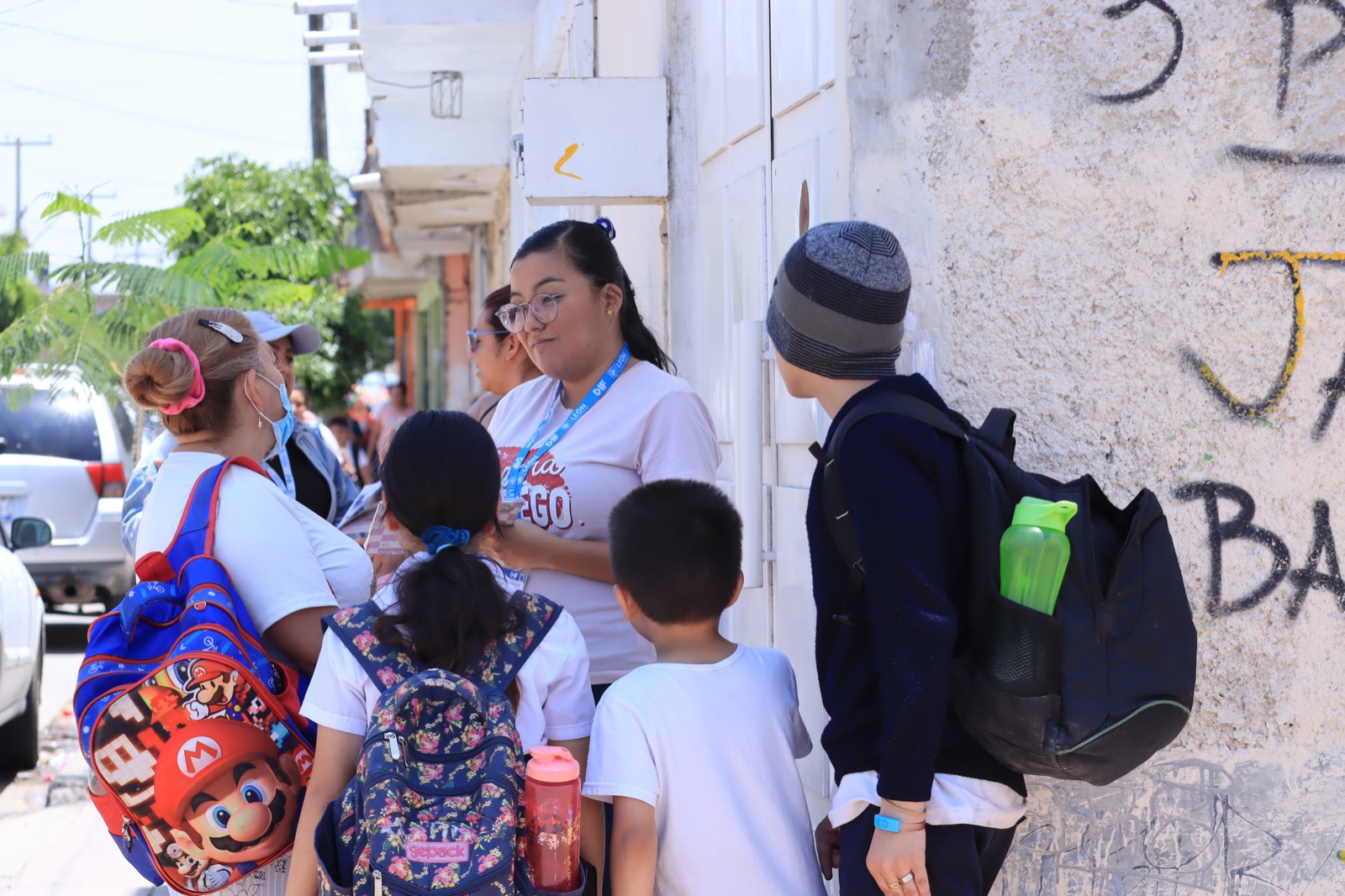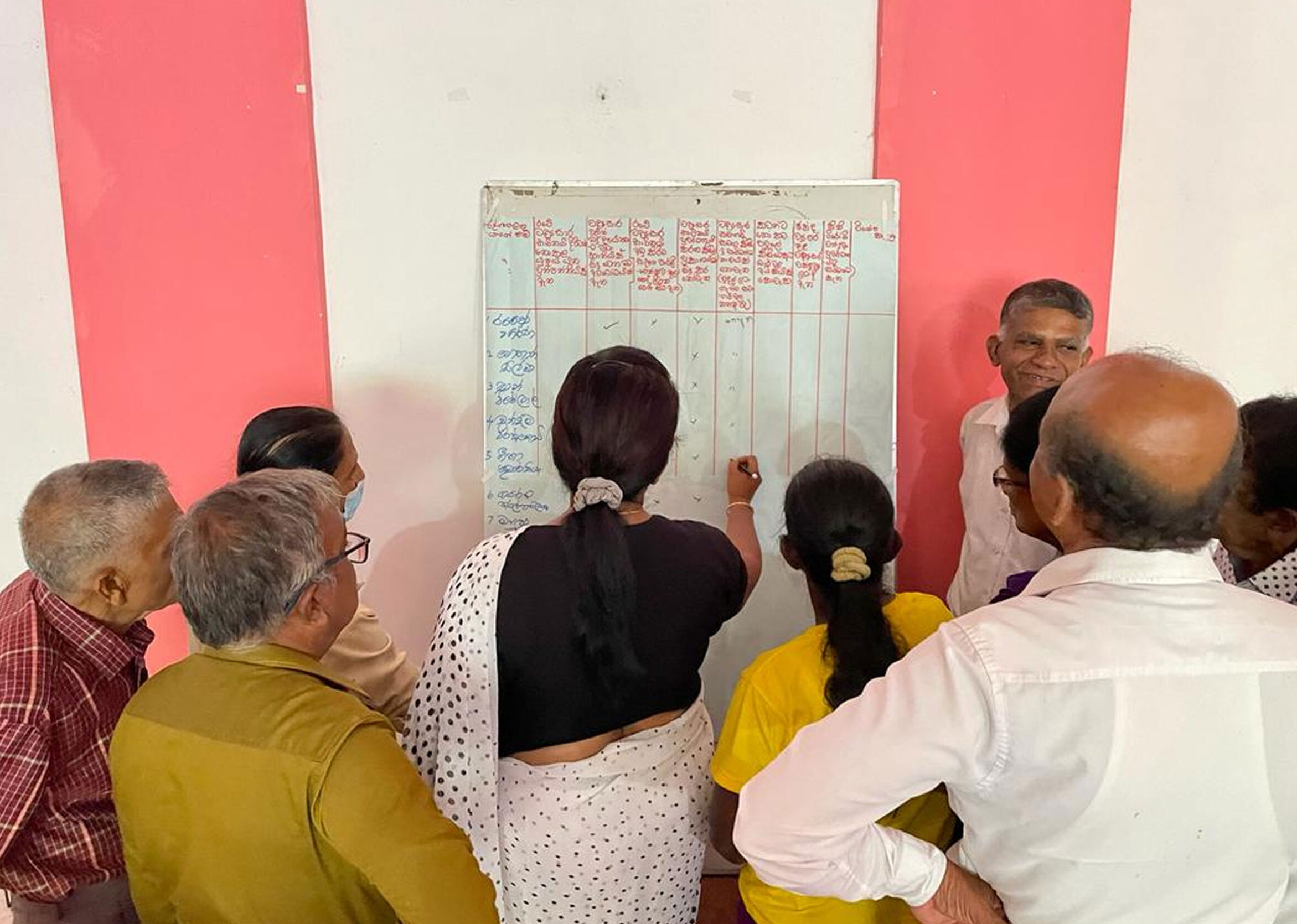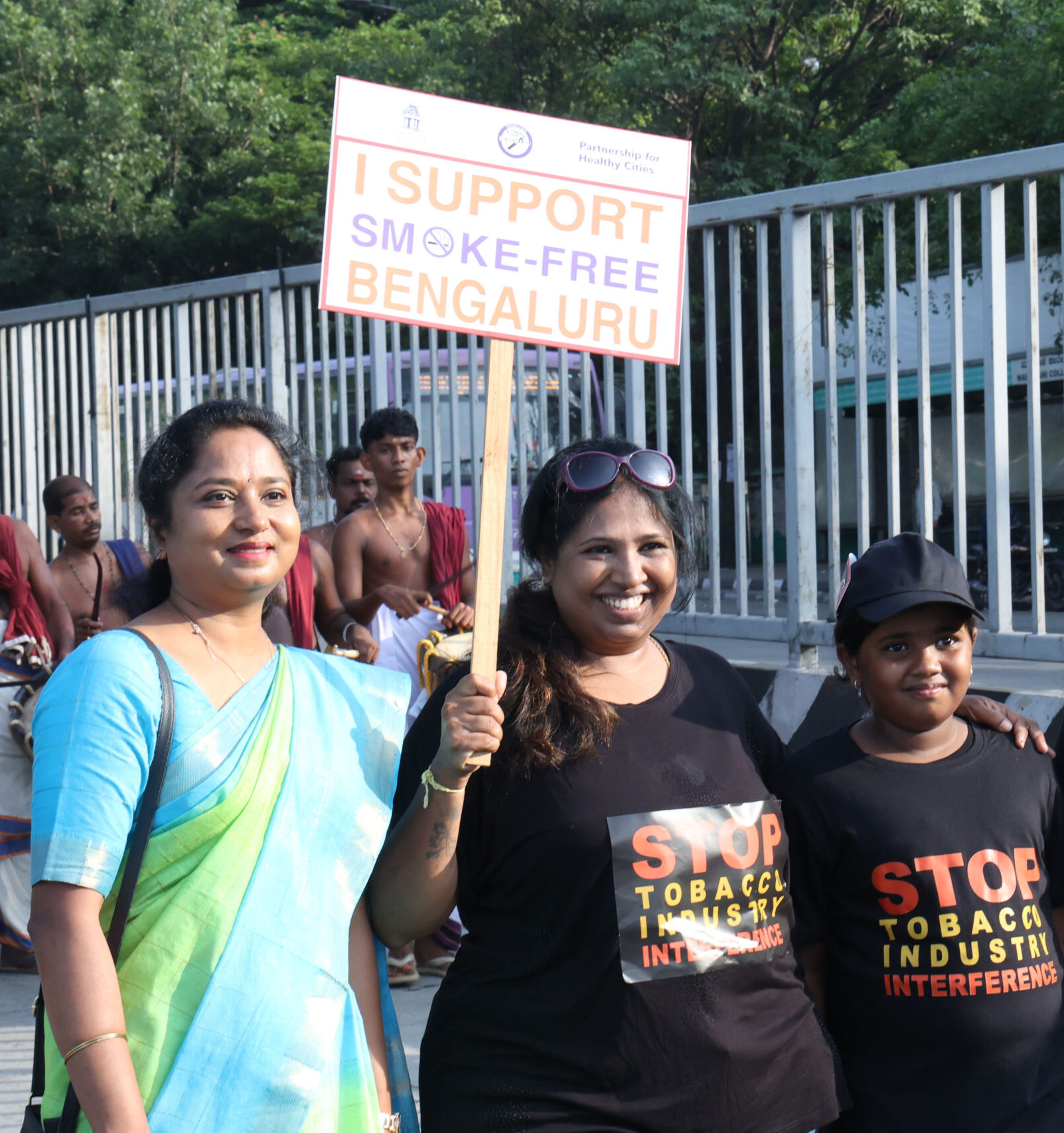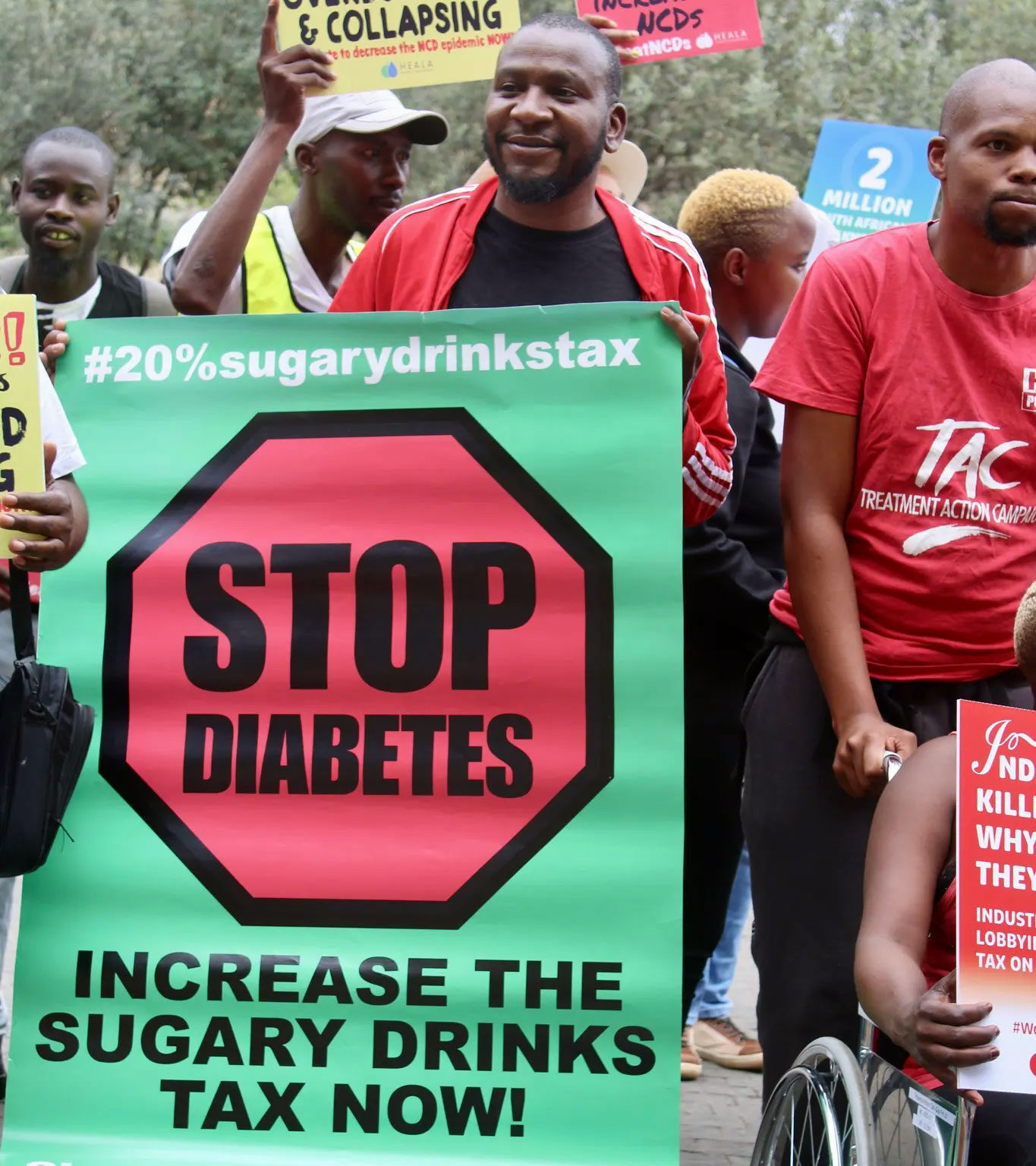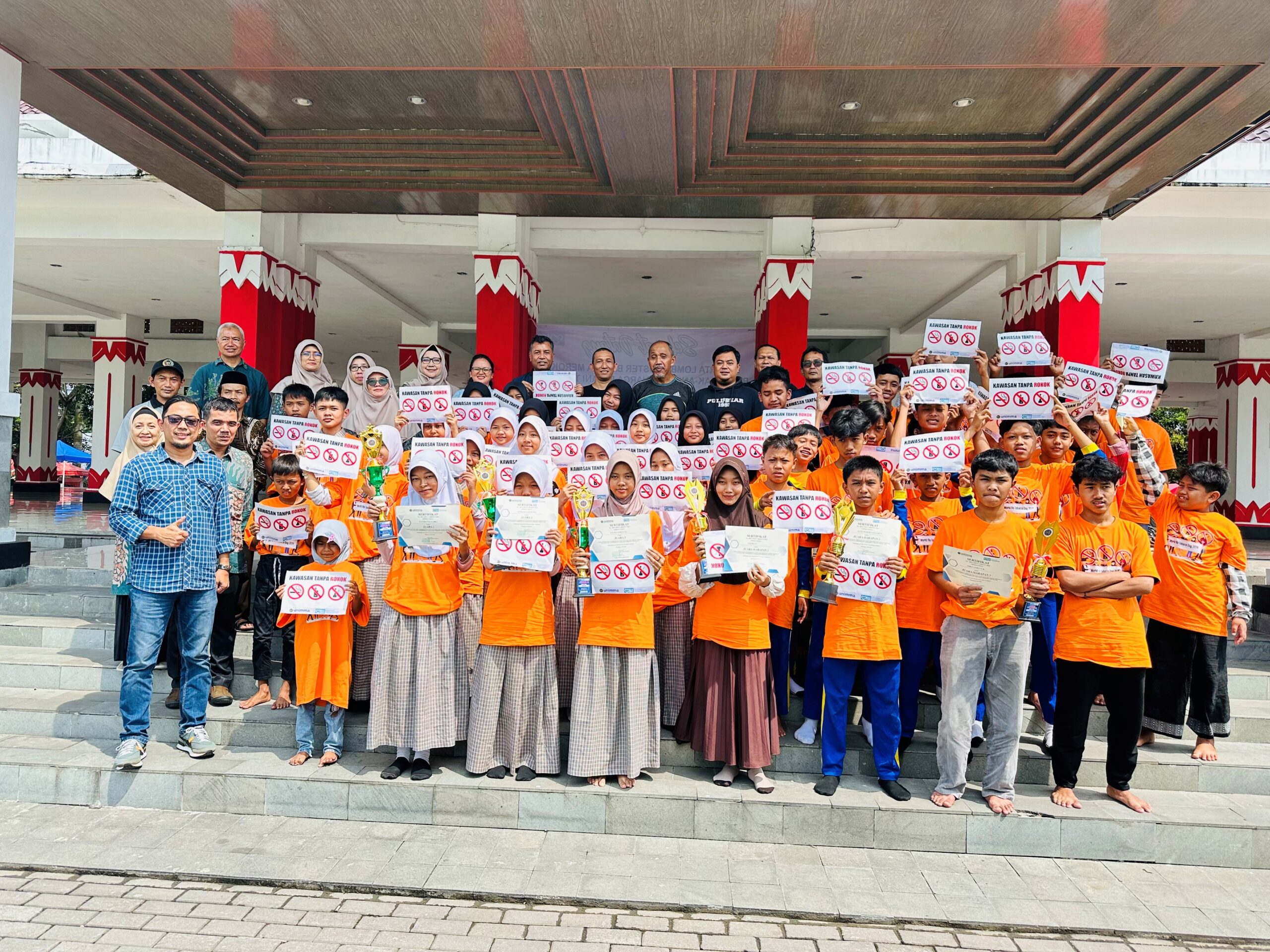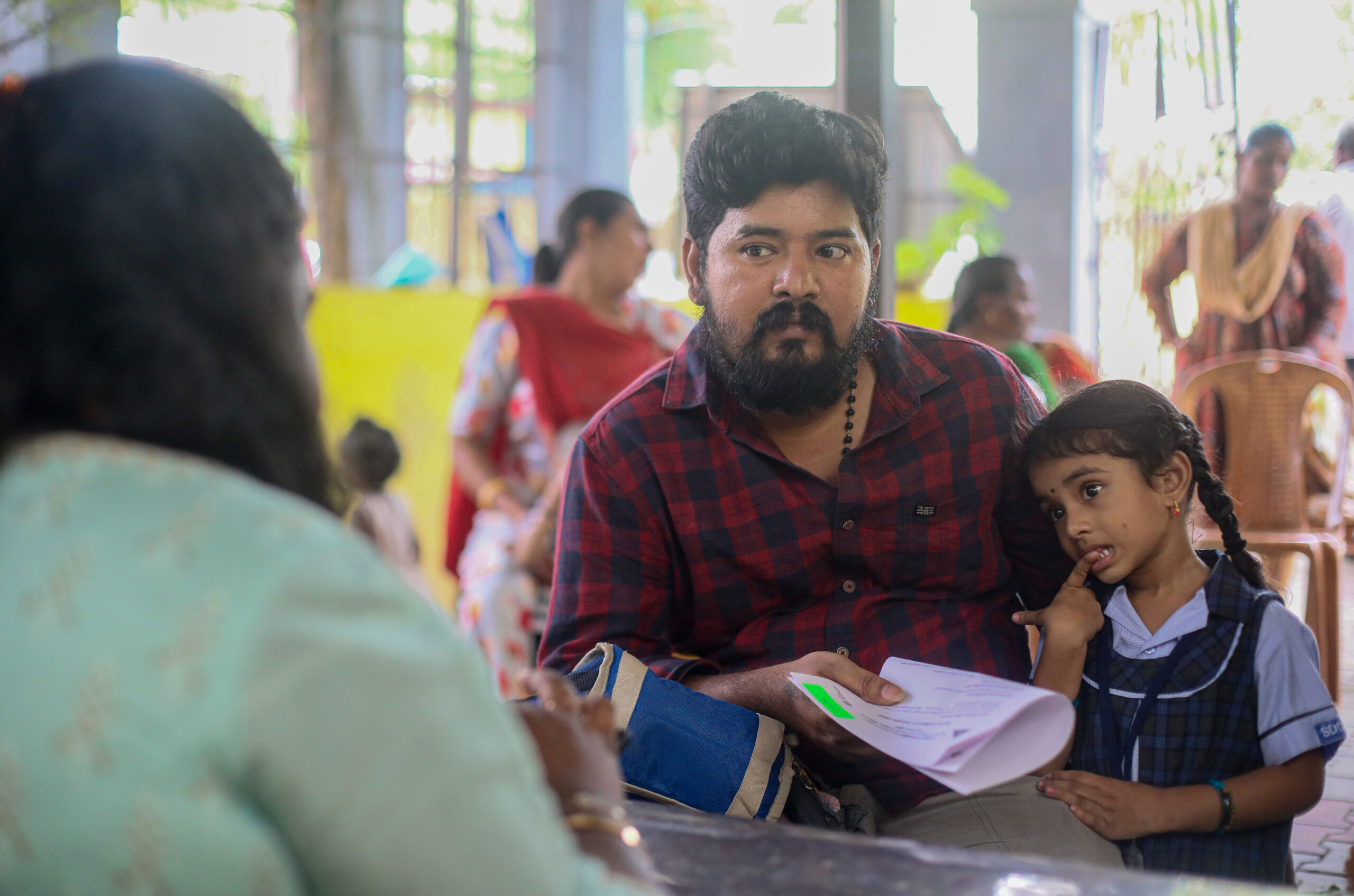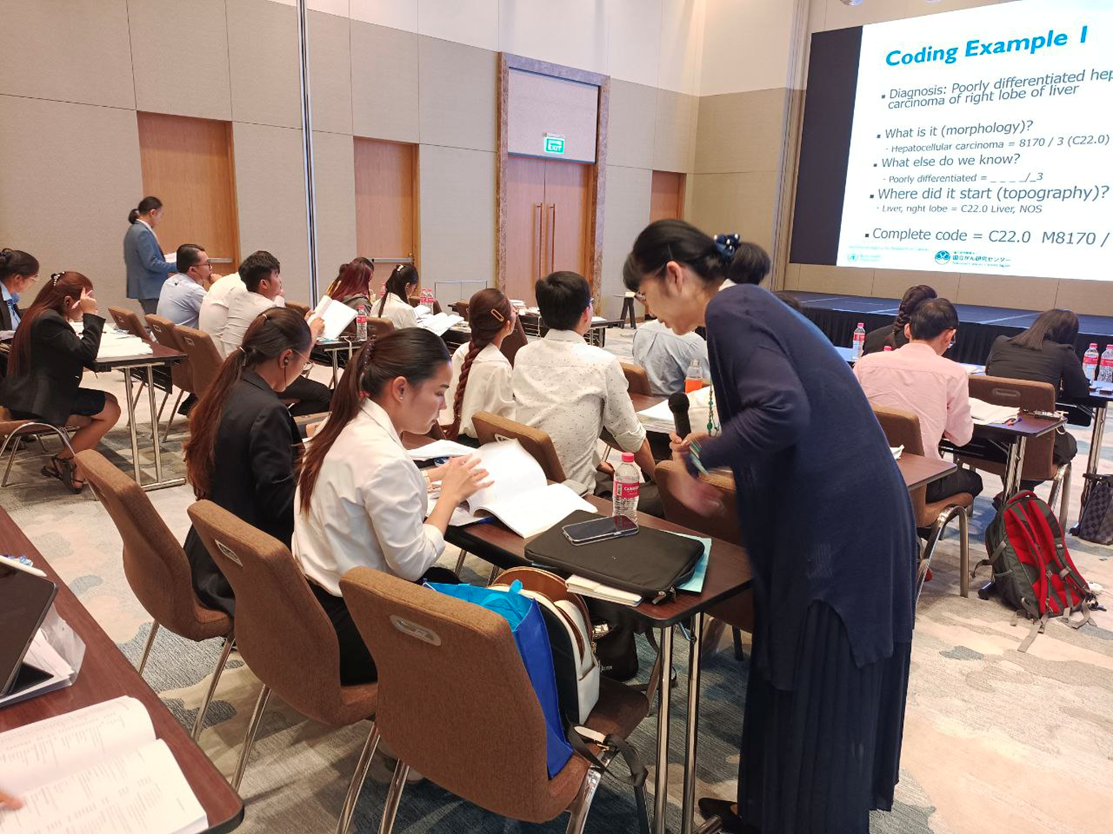How Vital Strategies Tackles Today's Global Health Challenges
We apply our core approaches—data intelligence, strategic communication, policy solutions and institutional strengthening—in more than 80 countries on six continents. Whatever the challenge, we tailor our approaches to the context in close collaboration with government and civil society partners. Read on for some examples of our work in 2024.
Slowing the Rise of NCDs
Unhealthy products like alcohol, tobacco, sugary drinks and ultra-processed foods are fueling the rise in noncommunicable diseases such as cardiovascular disease, cancers and Type 2 diabetes—leading to disability orv death for tens of millions of people each year.
Vital Strategies’ partnerships are powering transformational change. We support evidence-based policy advocacy, strategic communication and industry monitoring to advance policies—such as health taxes, marketing restrictions and smoke-free cities—to ease the burden of NCDs on families and economies.
Brazil Passes Sweeping Health Tax Policy
Brazil’s National Congress delivered a transformative victory for public health in 2024: a landmark tax reform that set the stage for a special tax on products that fuel the country’s growing burden of NCDs. After decades of political logjam, this breakthrough marks a pivotal step toward protecting families and communities from preventable illness and premature death. The reforms also promote healthier eating and strengthen Brazil’s agricultural sector by exempting minimally processed foods.
Vital Strategies has been working in Brazil since 2009, supporting partners in building healthy public policy solutions—including to reduce consumption of tobacco, ultra-processed foods and alcohol—and leveraging strategic communication to set the policy agenda, change behaviors and social norms, and strengthen public and policymaker support. Going forward, we are supporting partners so the tax rates are set at levels proven to maximize health outcomes by reducing consumption of unhealthy products, with a particular focus on shielding youth from lifelong harm. Together, we are turning bold policy into lasting progress.
